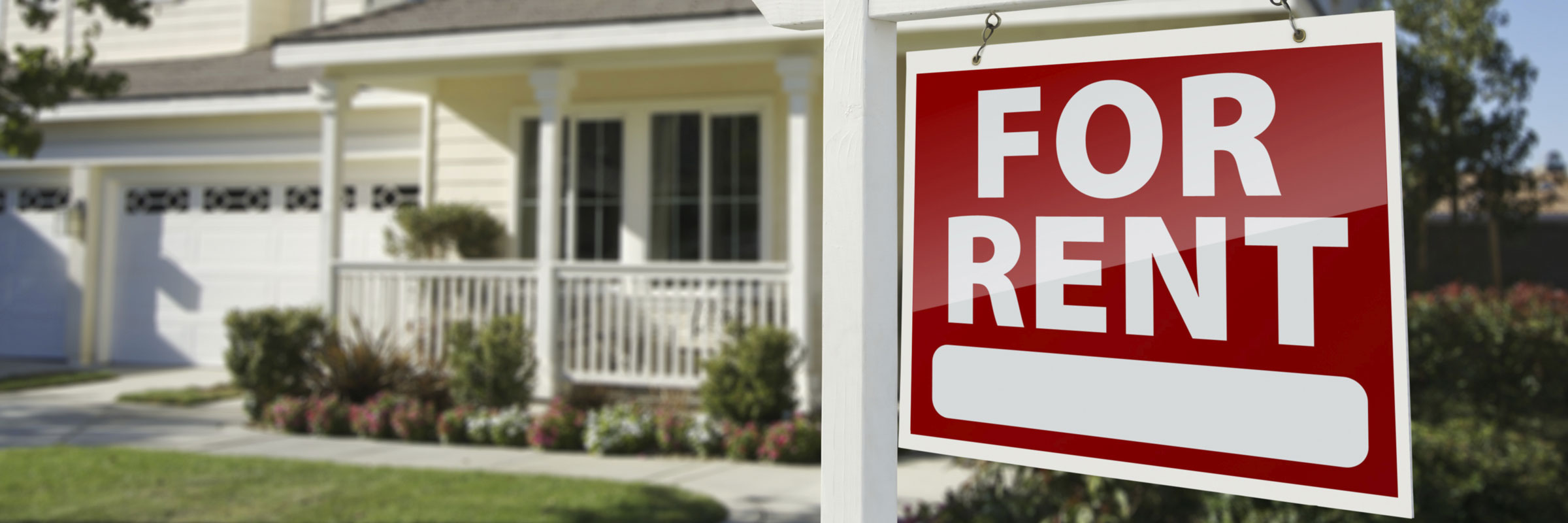
Investment Property
Lending criteria can change from bank to bank but the basic principles still apply. Before buying an investment property make sure you consider your financial situation, this may mean seeking advice from a financial advisor or accountant we suggest you do this prior to committing to a purchase. Things to consider…
How much deposit will you need?
Avoiding Lenders Mortgage Insurance (LMI) can save you thousands so having a 20% deposit is advisable however there are some lenders that will consider a 10% deposit plus cost on a case by case basis.
If you have the money in a savings account that’s great. If you will be using equity to fund the deposit of an investment property it’s preferred that you stay under 80% of your properties Loan to Value Ratio (LVR). Equity is the difference between the value of your home and how much you owe. As an example if your house is valued at $400,000 and you owed $220,000 your equity position is $180,000. Keeping in line with an 80% LVR, your usable equity position would be $100,000.
How is my borrowing capacity calculated?
The factors associated with working out your borrowing power can be slightly different from one lender to another. Most lenders use a basic formula to work out your borrowing power.
Gross Income – tax – commitments – new commitments – living expenses – buffer = monthly surplus.
*There are lenders that may take rental income as well as negative gearing and other tax benefits when assessing your borrowing power.
Some of the factors that are taken into consideration during the assessment are: Surplus, Credit History, Loan to Value Ratio (LVR), Credit Score, genuine savings, employment status, the type of loan thats been applied for and the repayment structure.
What are the associated costs?
Like an owner occupied loan the cost associated with the purchase of an investment property are very similar: Loan Application fees, Stamp Duty & Land transfer fees, Legal fees and/or conveyancing fees, Building & pest inspection fees, Building and Content Insurance, Accounting fees, Building maintenance cost.
It is very important to consider not only your initial cost but also the ongoing cost associated with an investment property and how it will affect your standard of living.